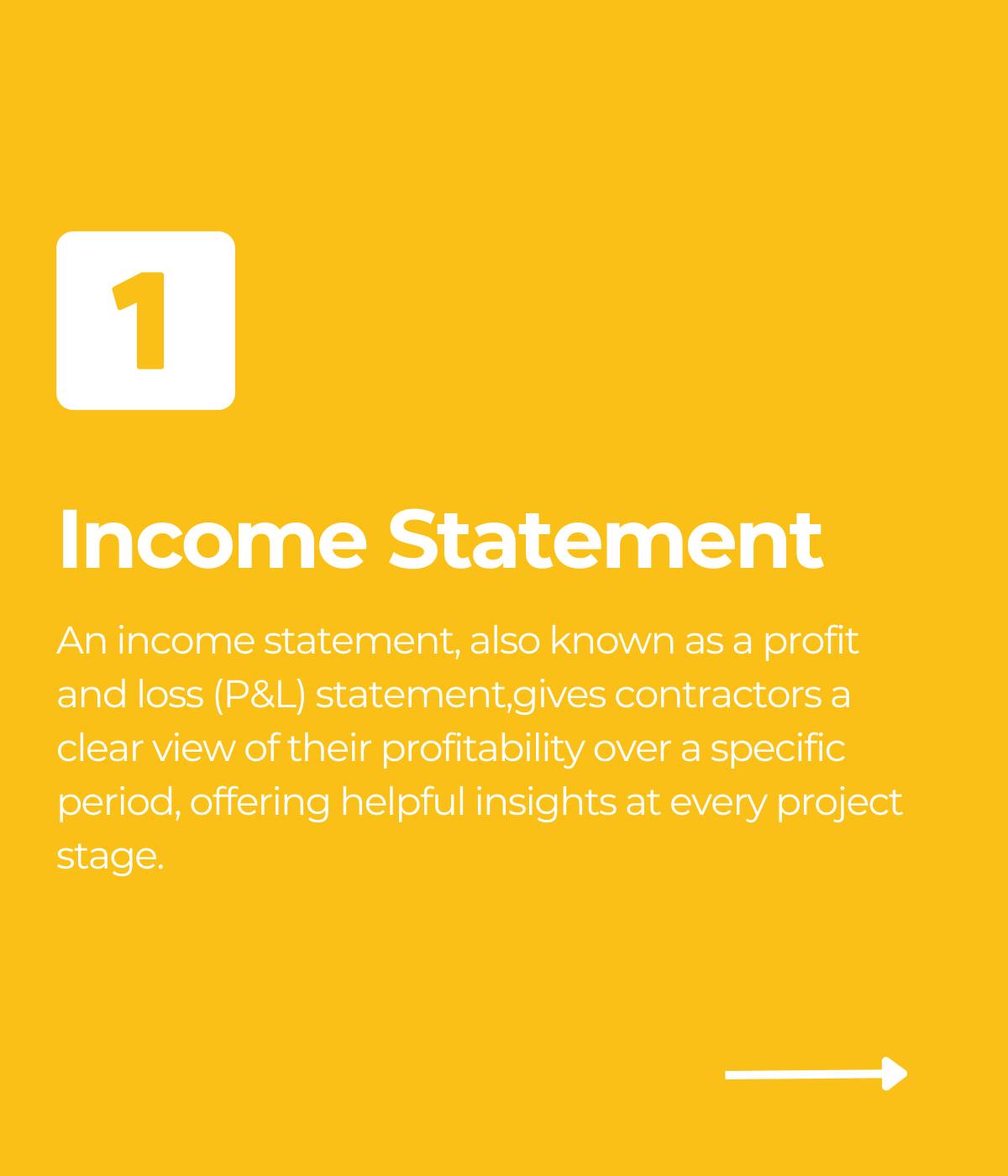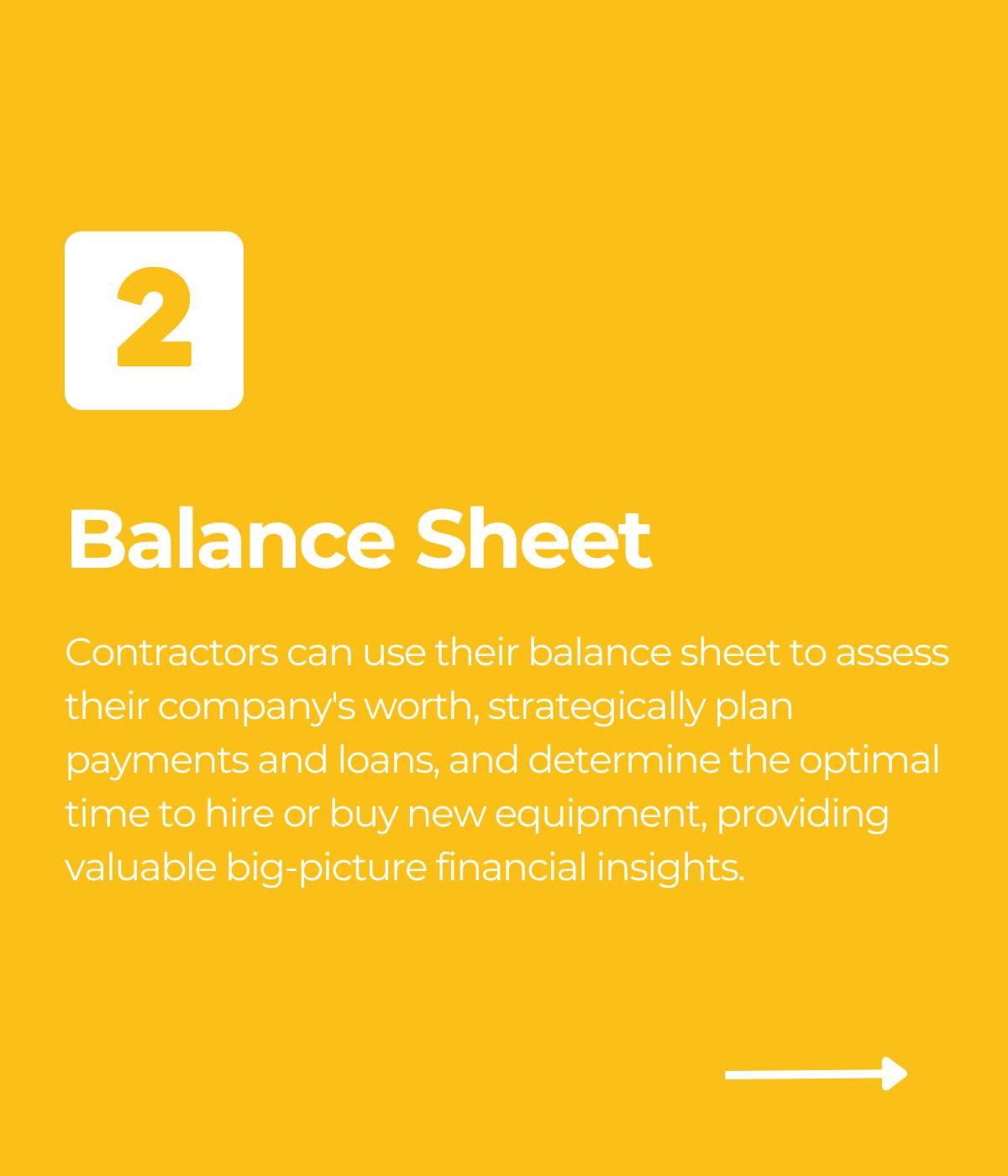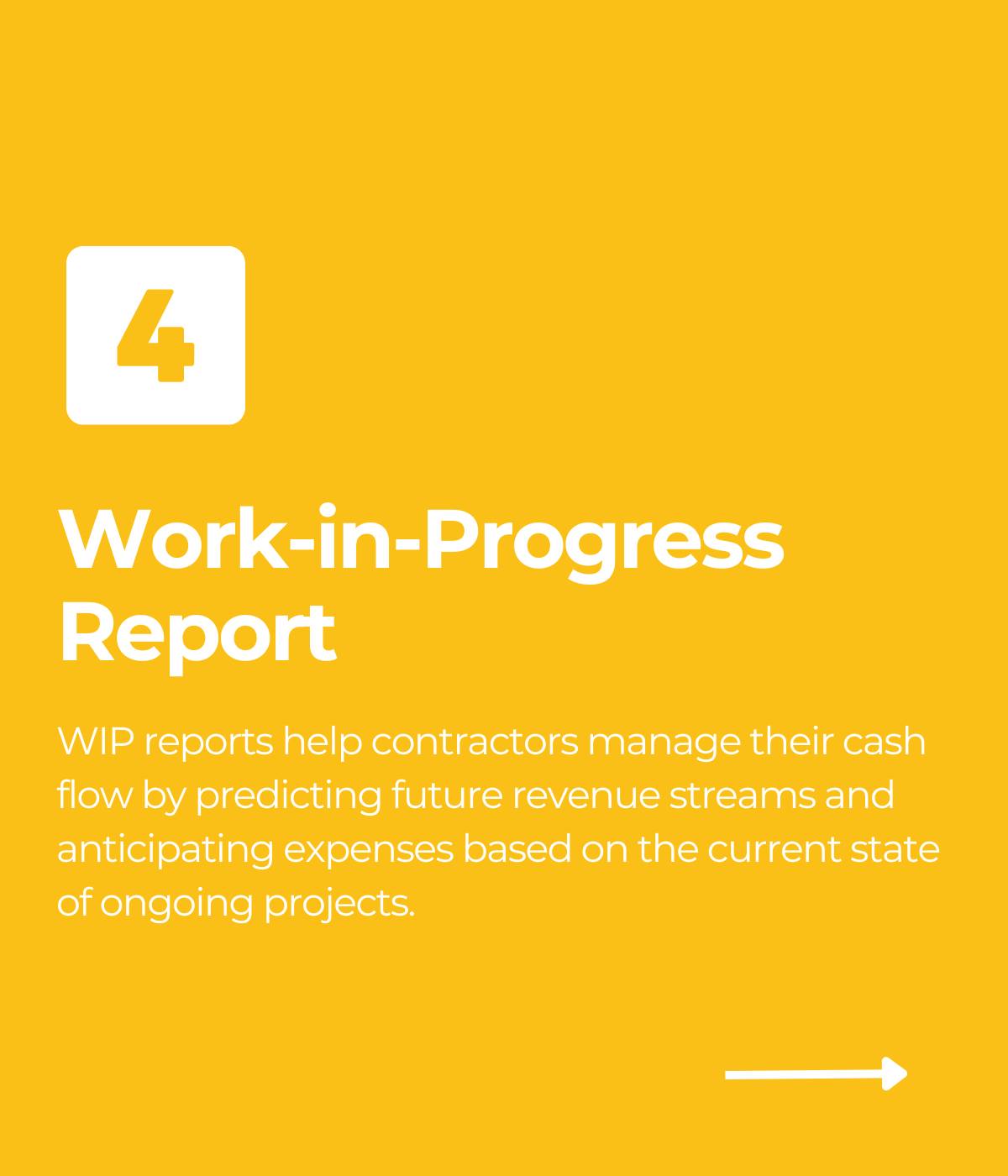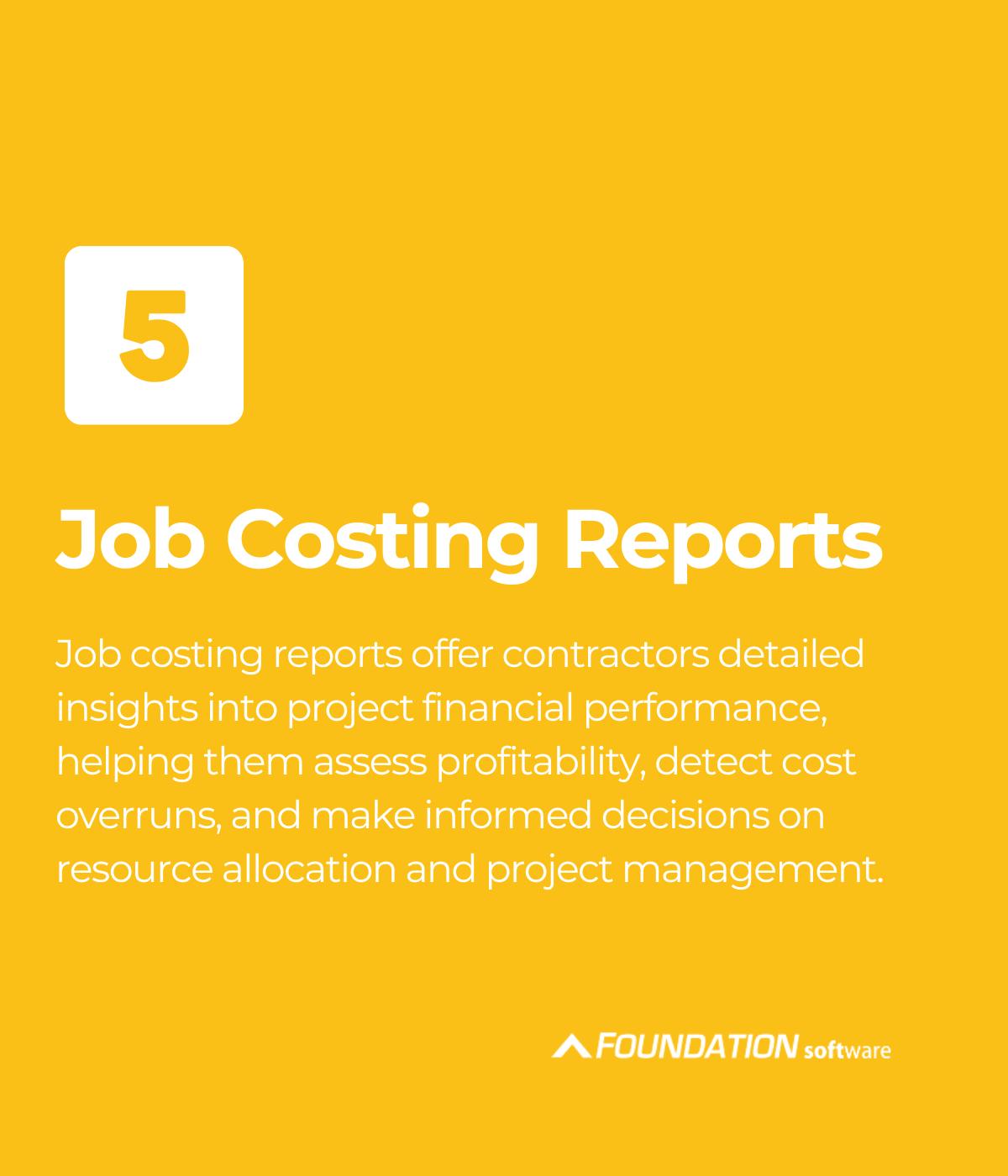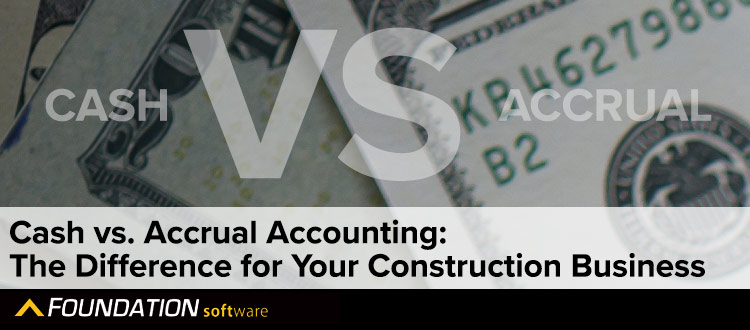
A successful, sustainable construction business is ultimately about cash management. Your company needs to know not just how much cash it has but when it has it, when it needs it and when to expect it. You also need to know how much tax agencies expect! That’s what the idea of revenue recognition is concerned with. Contractors have options as far as how they want to recognize revenue — or, record income — both on their books and for tax purposes. The main choice is between “cash accounting” and “accrual accounting.”

Cash-Basis Accounting
In cash accounting, everything is based on its real-time impact on your cash. That can be literal cash bills, but more often it’s a bank account. Revenue is recorded when and only when you receive the money. Expenses are recognized when and only when you actually pay. That makes it the simplest method.
You probably practice cash accounting if you manage your personal finances. When you check out at the hardware store, you pay at the register. If you use a $20 bill or a debit card, you know it affects your money today. But if you pull out a credit card, it won’t impact your bank balance until you have to pay the Visa statement later.
Example of Cash Accounting in Construction
In construction, the cash-basis approach is similar. Let’s say Build-It Construction just finished framing. They bill their customer $8,000 due 30 days from the invoice date. Meanwhile, the contractor continues to record payroll costs every time they issue checks. Up to this point, under the cash method, they don’t have any income from the work they did. Only after they receive payment the following month can they say they made money.
Accrual Accounting
Accrual accounting records revenue as you earn it rather than when you receive it. Similarly, companies record expenses as soon as they have an obligation to pay, not when they actually pay. In construction, this usually happens with the invoicing process.
The accrual method lets businesses note transactions before cash changes hands. It’s a way of saying, “As of this date, we’re banking on this revenue we earned,” or, “This $500 cash is actually earmarked for a bill we owe.”
The money hasn’t actually gone anywhere yet. Instead, these amounts accrue (or, add up over time) in special accounts that represent a kind of fictional or theoretical money, like an IOU, to be converted into real money. They’re usually called accounts receivable (“A/R”) and accounts payable (“A/P”). Once cash does move, the business will record it as a new, separate transaction because it’s seen as a new, separate event.
Example of Accrual Basis in Construction
Let’s look again at Build-It Construction. This time, when they finish framing and bill their customer, they record $8,000 of A/R, because even though they haven’t received this money, it’s literally receive-able. This also allows them to record $8,000 of income. When the customer pays them the next month, they’ll simply move the $8,000 from A/R to their cash account.
Choosing Cash or Accrual Accounting
Advantages of Cash Accounting (+)
Because cash accounting is the simplest method, it’s preferred by many small businesses. Contractors who operate on a cash basis won’t necessarily need sophisticated software. They may also be able to get by without much accounting expertise, as long as they’re still working with a construction CPA.
Cash accounting can also offer contractors tax advantages. In construction, businesses often have at least a little control over exactly when cash enters or leaves the company. For example, Built-It Construction might ask their customers to hold payment on December invoices until January, or they can pay early on expenses that aren’t due until January. As a result, they’re effectively deferring income into the next year. Because they’re not technically making that money in the current year, this lets them report a lower profit and pay lower taxes for now.
In cash accounting, everything’s based on its real-time impact on your cash.
Disadvantages of Cash Accounting (-)
The cash method isn’t without drawbacks, however. Construction has a long delay between (a) earning revenue from performance and billing and (b) receiving revenue from payment. That means financial statements aren’t very useful because, in a way, they’re not very accurate. Built-It Construction’s balance sheet won’t reflect any of the money they expect for the work they’ve done. At the same time, their financials will show all of the materials and labor costs they’ve racked up. This gives them a skewed picture of their profits.
As a result, contractors might choose to use the cash method for tax purposes but use an accrual method for their own bookkeeping. In order to use cash-basis accounting for taxes, though, a contractor’s average annual receipts can’t exceed $5 million. You’ll need to make sure you’re eligible before you start using it.
Advantages of Accrual Accounting (+)
Accrual-basis accounting will tend to provide a more accurate, helpful financial picture. Financial statements like the balance sheet and cash flow statement will show revenues and expenses earlier on so expected cash can at least be factored into analysis and decisions.
While it may require a little more accounting knowledge to use, accrual accounting can give greater control over financial information. That can be especially valuable when a high volume of transactions needs to be tracked with 30, 60 or even 90 days between invoicing and receipts.
Accrual accounting records revenue as it’s earned rather than when it’s received.
Finally, within accrual accounting, contractors actually have additional options of when accrued income is recognized, each with their own implications. In the percentage-of-completion method, contractors bill for and recognize revenue periodically based on what proportion of the contract they’ve completed. Under the completed-contract method, neither revenue nor expenses on a job are recognized until the project is done.
Disadvantages of Accrual Accounting (-)
The downside of accrual basis is that a construction business can end up paying taxes on income they haven’t actually received as cash yet. For example, as far as the IRS is concerned, Build-It Construction earned 18,000 taxable dollars, and the government expects its piece. In reality, Build-It Construction doesn’t have that $18,000, but they might still have to shell out several thousand dollars because it’s on their books.
Similarly, a contractor might want to bill most of their income as early as possible in order to build up their cash for the rest of the project. Over the course of the contract, expenses will balance out their front-heavy income. But if they need to report taxes before then, it’ll look like they’re making a much higher profit than they really are. They might end up having to pay taxes on this “imaginary profit” rather than the actual profit they’ll take home on the contract.
Lastly, because accrual-basis financial statements generally don’t look at cash receipts, the income statement and balance sheet might not clearly reveal the company’s cash position. But contractors who take the important step of putting together cash flow statements will easily overcome this.
| Cash Basis | Accrual Basis |
|---|---|
|
|
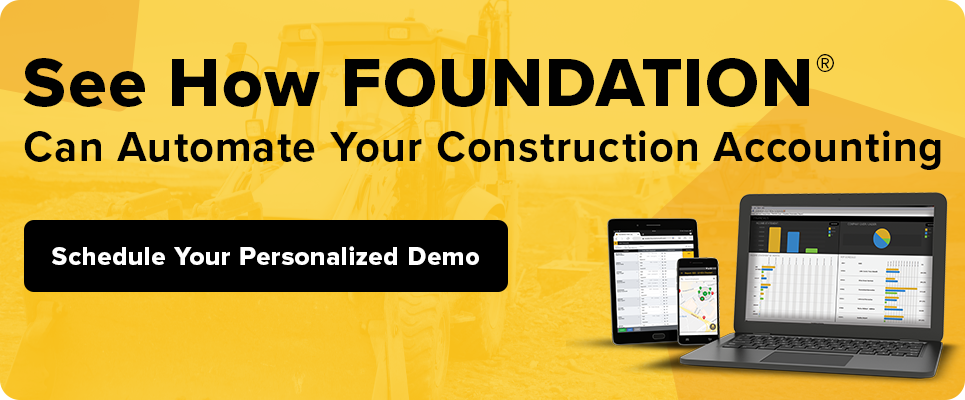
Conclusion
Cash-basis accounting and accrual-basis accounting each offer contractors distinct benefits and considerations. The biggest difference comes down to whether you report income and expenses when cash changes hands or when you know it will change hands. This choice has several implications for your business and, in some cases, requirements. If your average annual receipts exceed $5 million, you’ll likely need to select an accrual method with your construction CPA. In either case, we recommend working with a CPA who specializes in construction to determine the best method for you.
Share Article
Keep on current news in the construction industry. Subscribe to free eNews!
Our Top 3 YouTube Videos
Learn about our software more in depth with product overviews, demos, and much more!
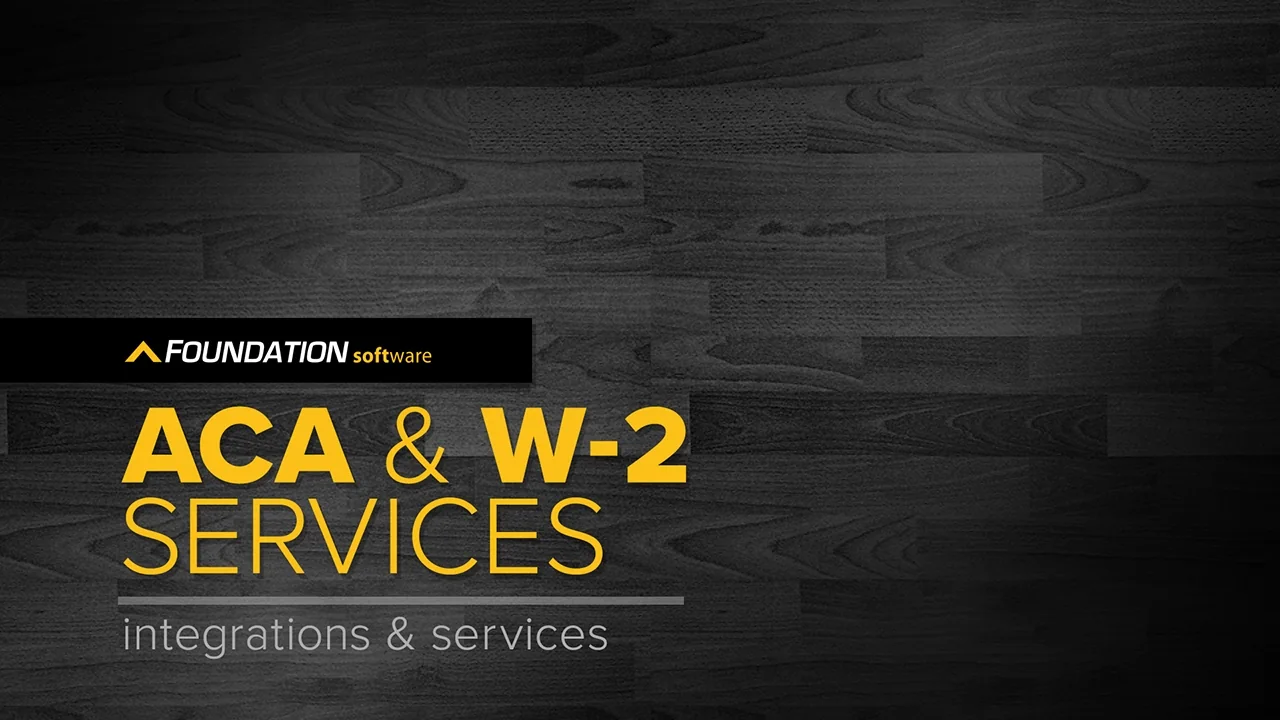
Our ACA reporting & e-filing services include official 1094-C and 1095-C IRS reporting, optional e-filing (no applying for a TCC code required), mailing to your employees and experienced support to help you.

There are plenty of reasons to make FOUNDATION your choice for job cost accounting and construction management software — just ask our clients!
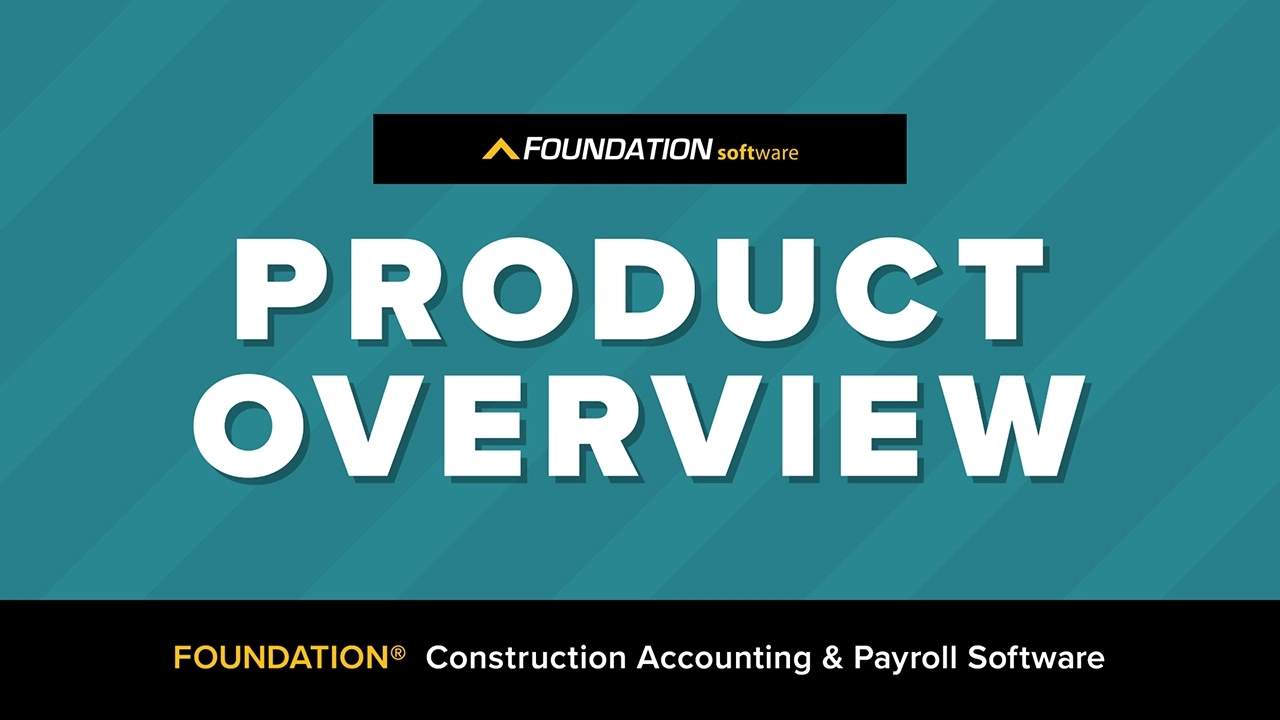
From job cost accounting software, to construction-specific payroll. Get an overview on your next all-in-one back-office solution.




